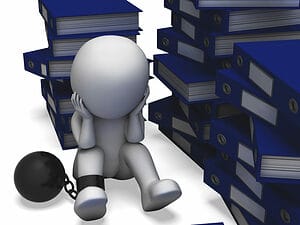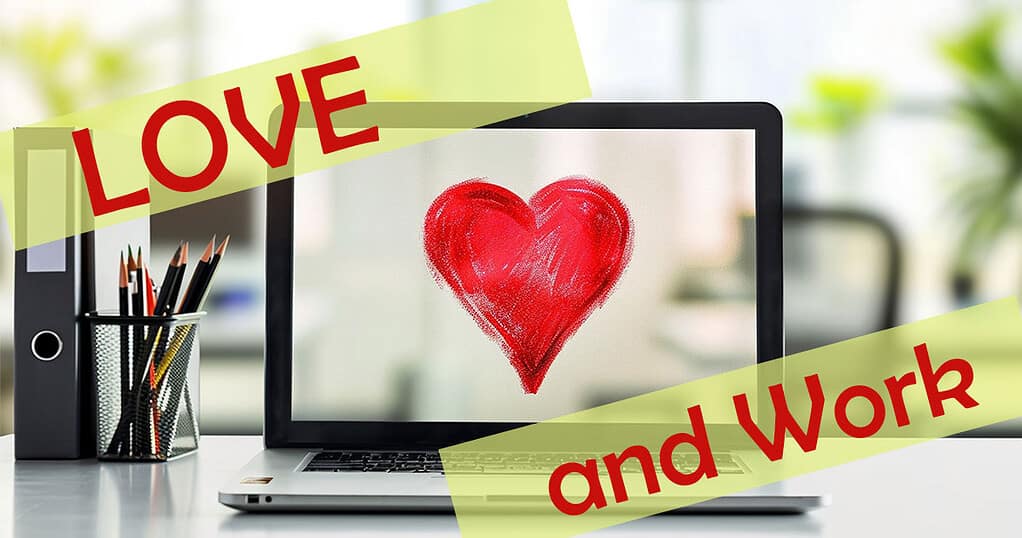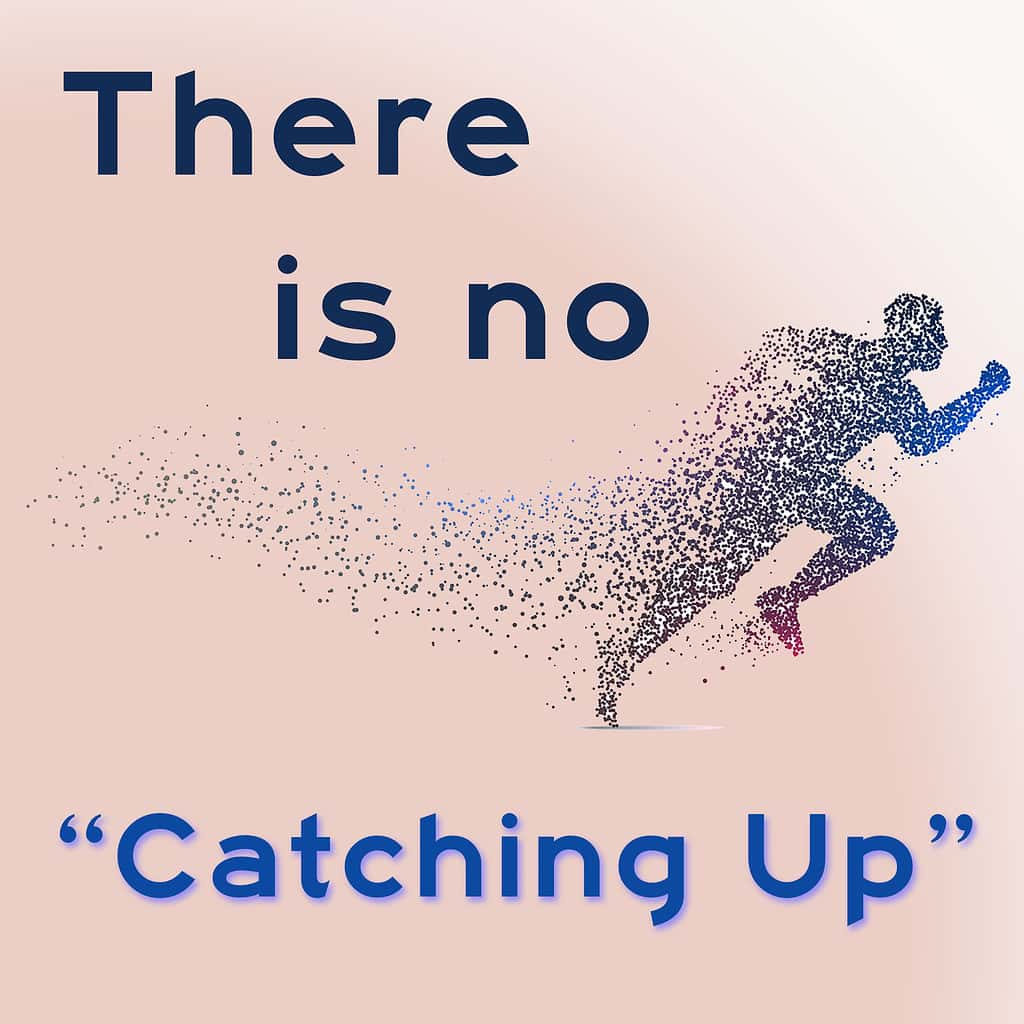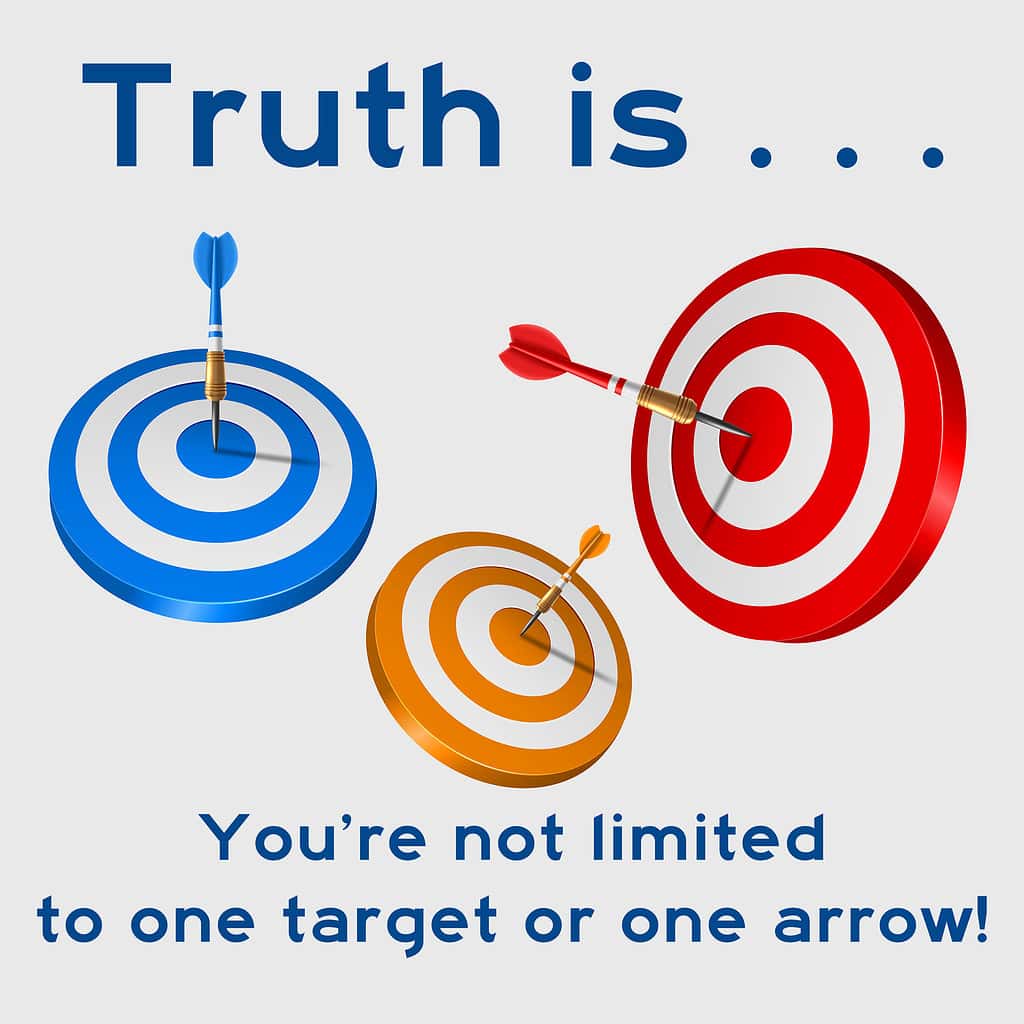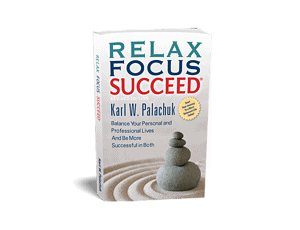One of the most obvious examples of “workaholism” is simply over-working. Over-working means that you continue working after you are no longer productive. You might do this out of guilt or frustration. You might just be completely overwhelmed. And that’s precisely why you need to force yourself to stop working and recharge your batteries.
Here’s the thing about too much work: Eventually, everything floats to it’s natural level. So if you exhaust yourself, your body will eventually collapse and you will catch up on sleep whether you want to or not. Or maybe you will get sick, forcing you to slow down.
Here’s what happens when you work too much. As we all know, there are “diminishing returns” from too much work. You focus too closely on what you’re doing and your brain gets tired. That’s why people who work on heavy equipment and critically important jobs (like airline pilots) are forced to take breaks. Accidents happen much more frequently when people are tired.
And tired doesn’t have to be eight or ten or twelve hours. Depending on the combination of physical and mental activities, you might be worn out after only a few hours.
Most of us don’t work on those critically important jobs. For most of us, when we get tired, there are no dire consequences. No one dies. No one is injurged. But we ARE less productive. We DO make more mistakes. And the overall quality of our work is lower. That’s why it’s important to take breaks throughout the day.
As you work day goes along, you gradually become less productive over time. So you are most productive during the first hour of work and least productive during the last hour of work. Everyone has a threshold of productivity. There is literally a point where you move from productive to un-productive. If you keep working, you will eventually be counter-productive.
Most of us are vaguely aware of the line between productive and unproductive. We tend to tell ourselves that we’re really just “less” productive. In reality, we’re making very little progress except in a mechanical sense. For example, we’re not able to write a coherent memo, but we thing we can sort files or clean up minor tasks. We don’t realize that we’re maknig mistakes.
The line between unproductive and counter-productive is essentially invisible. This is where mistakes happen. We do work that has to be thrown away, un-done, or completely re-done. We are creating re-work and don’t even realize it.
But we feel productive because we’re still working! And we feel like we’re doing something instead of nothing.
 Anxiety Causes Over-Work
Anxiety Causes Over-Work
One of the biggest culprits in over-working is anxiety. You might have a deadline for work or home. (Most often, it’s work and not personal.) You may have stress related to money problems or a big project. Anxiety and worry raise the levels of cortisol in your system. (Strictly speaking, they reduce your body’s ability to regulate the production of cortisol.)
Stress and anxiety are related to sleep disturbances, early death from all causes, occupational injuries, heart attacks, suicide, risk of type 2 diabetes, divorce, breast cancer, and just about every bad thing ever in your life.
With stress, anxiety, and high levels of cortisol, your body gets “stuck” trying to address the panicky feeling you have. Your physical body wants to be “on” and to solve the problem. In some cases, this is good behavior. But the classic example of fighting off a saber tooth tiger should be enough for you to realize that you almost never find yourself in a true fight-or-flight situation.
As a long-term, chronic condition, this is very, very bad.
Physically, your body is 100% ON and wants to stay on. At the same time, you are unproductive, tired, and probably irritable. When you slip into being counter-productive, you don’t even realize it.
You’re essentially in a panic. You can’t sleep because your body is filled with natural chemical stimulants. You are making no effective progress. And you’ve into the counter-productive zone.
You can’t relax. You can’t stop.
… And that’s exactly why you HAVE TO stop. You have to force yourself to NOT WORK.
Breaking the Cycle
The best way to get yourself out of this high-anxiety over-working situation is to train your body to relax. Here are a few tips:
1) Physically put the work down. Wrap it up. Put it away. Go in the other room. Whatever it takes to be out of the work area, do it.
2) Engage in a non-work activity. This might be reading, watching TV, writing, or even playing a game of solitair on your phone. Your brain might only be half-engaged, but it’s not engage in work.
3) Meditation can train your brain to slow down. Meditation reduces stress. In fact, studies show that it reduces cortisol quite significantly. Meditation also increases endorphins – the feel good chemicals associated with love and pleasure.
4) Pour yourself a cup of tea – or a glass or wine. The ritual, along with the senses of smell and taste, will become a powerful signal to your body that work is done for the day.
Relaxation is a habit. Once you train yourself to relax, your body will learn to respond. After you learn to relax, your brain will literally pick up the signs of relaxation and help you to get there quicker. Once you’ve broken out of the anxiety/work cycle, you need to rest. Whether that means sleep or play, you will recharge your batteries as long as you are not trying to work.
And don’t try to cheat! If you say “Well, I’m *just* reading, or *just* doing this one thing …” your brain still knows that you’re working. Any attempt to work will prolong the stress and the anxiety. You have to really stop working in order to break the cycle.
Tomorrow will always be there. And it will always have work to do, and bills to pay. Tomorrow will always bring temptations to over-work.
In the long run, you will get more productive work accomplished when you are well rested. But that’s a habit you have to create.
🙂


